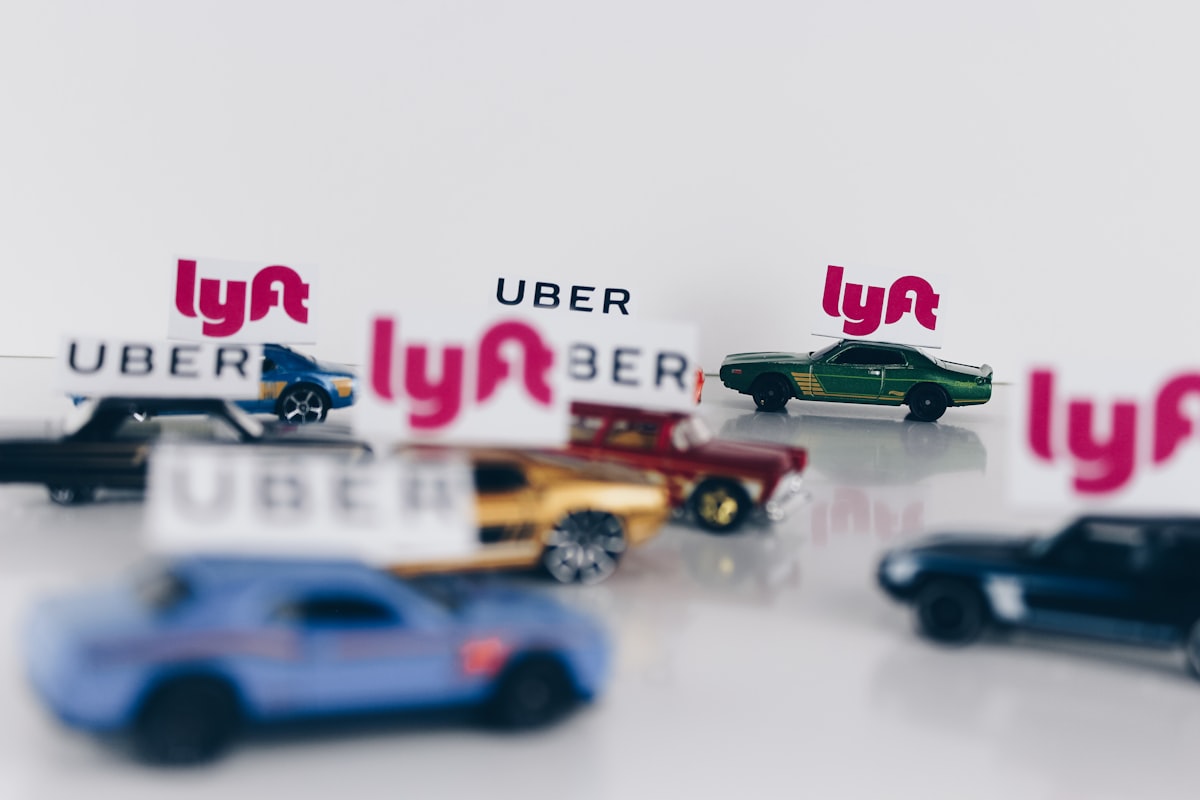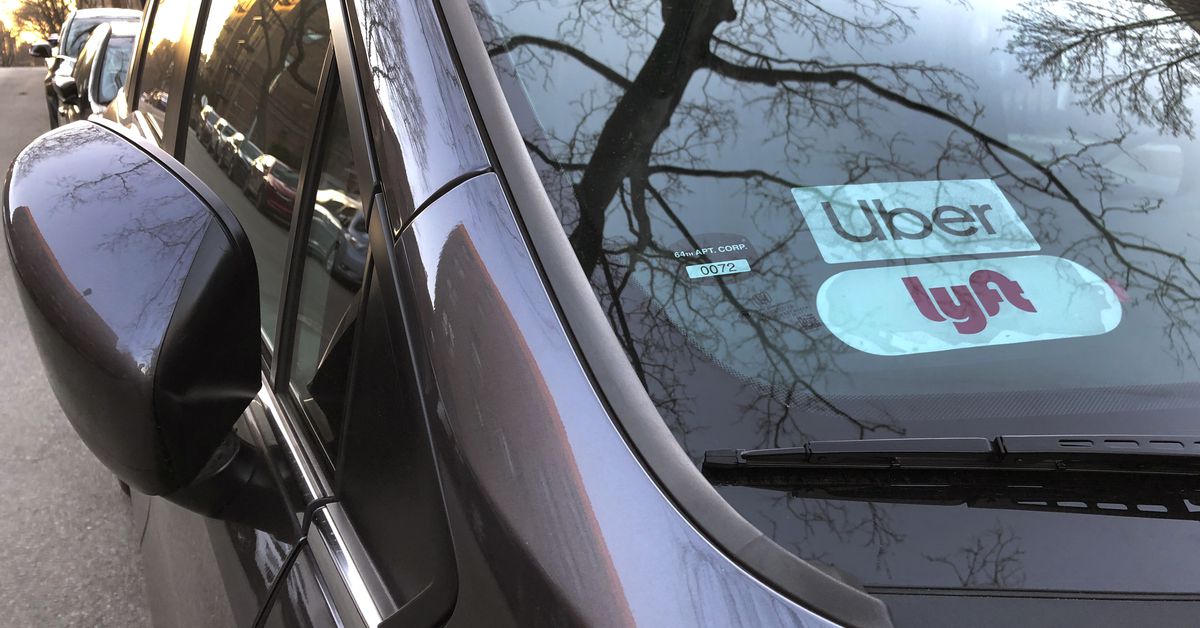Lyft and Uber: commitment vs. hyper-scale

With Airbnb, Uber is probably now the last surviving hyper-scale startup of the 2010s. But unlike Airbnb, Uber is not in good shape. On paper, Uber dominates ride-sharing worldwide with a massive footprint of over +100 million users and a dominant market share wherever it operates. Uber amounts to about 70% of ride-hailings and 30% of food deliveries in the U.S.

Uber is also diversified in food delivery, package delivery, freight, couriers, electric bikes, electric scooters (Lime), and ferry transportation! All this at a massive scale. It also failed many businesses, disinvested massively from autonomous vehicles and the idea of robotaxis, had to get out of China with massive losses after an epic attrition war with Didi and is banned from quite a few European countries we speak.
With over $11.14b in revenues, Uber is also losing $6.8b a year (2020, negative net “income”).
And Lyft?
Lyft kept it relatively quiet with way less funding and hype. Working solely in the U.S., concentrating on ride-hailing and bike-sharing after a brief stint at trying AVs. They still make about $2.3b of revenues a year while losing $1.7b at the same time. But Lyft is way more focused on a single mission: transporting people in U.S. city centers.
Does it make them the good guys? Maybe not. They don’t chase hyper-growth so much, though, and certainly not at all costs.
Chasing hyper-growth was certainly an all-in bet on the future. You scale ahead of everyone, become a massive juggernaut of a business bleeding money through all of your orifices, but… But if you survive and asphyxiate the competition doing so, then the whole market is yours. You’re a de facto monopoly sitting in the case of Uber on massive recurring revenues.
Alas, given the tense geopolitical situation between the U.S. and the rest of the world (not to mention Europe is more and more aggressive with American tech startups), I wouldn’t bet too much on Uber achieving their grand vision anytime soon. If you don’t scale and maintain your scale, though, everything will unbundle at some point rapidly. This is exactly where Uber is. As soon as key investors lose confidence in the whole paradigm Uber will unravel within months sold for pieces to incumbents businesses.
Lyft? Keeping their low profile and trodding along will be in a unique position to scoop both drivers and riders in the US at no cost.




